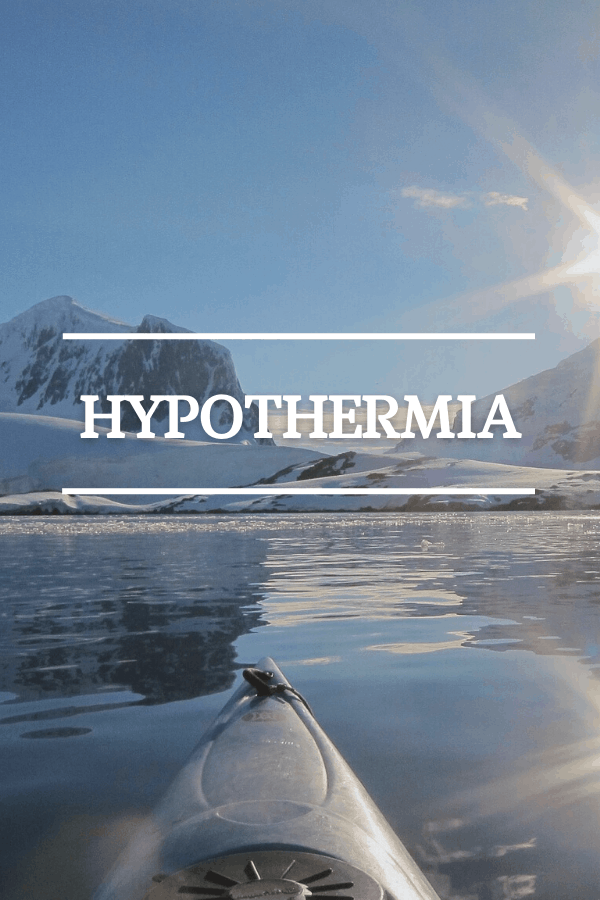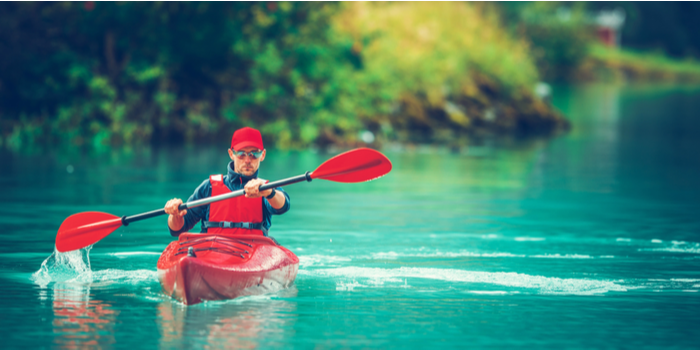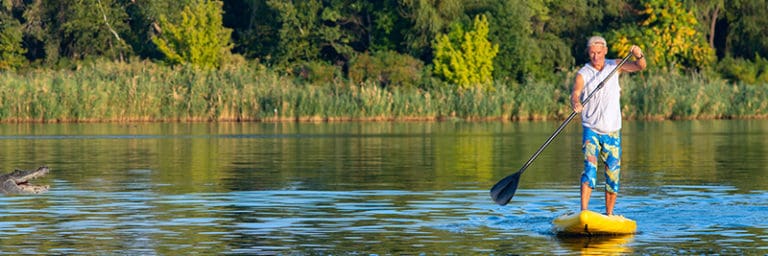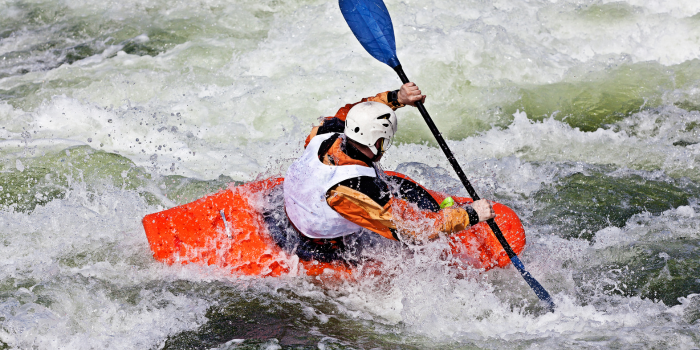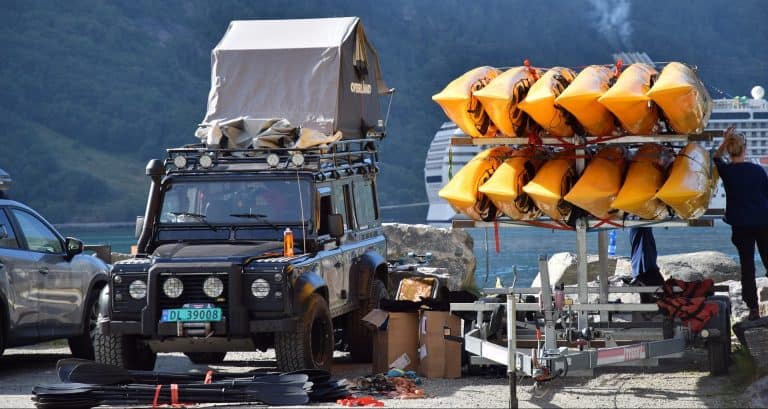Hypothermia is easily treatable but can be very dangerous.
If you are ever going to be out in the wilderness overnight, especially if you are going to be around the water, you should make sure that you have a good understanding of what hypothermia is.
It has been said that hypothermia is always treatable – especially with the knowledge that the medical community has about the situation.
Therefore, the most important thing to remember about hypothermia is that you should not panic, since that is probably the most dangerous thing you can do if you’re trying to take care of somebody suffering from it.
Hypothermia happens when, for whatever reason, your body can no longer maintain your normal body temperature.
The result is that eventually your body will begin to fail, and you will die. Hypothermia can set in when your body drops to just a few degrees under normal.
While hypothermia does usually happen in cold weather situations on land, you should be especially worried about it in the water, especially if you are going to be kayaking in cold water.
The human body loses body heat twenty-six times faster in water than it does in air.
As you might guess, this is just one reason why you’re more likely to get hypothermia from the water than from being on land. In fact, some people have even suffered from hypothermia in the relatively warm water near Hawaii.
If you are in the water and you are worried about hypothermia while you wait for help, there are a few things you should always do.
First, if you are in the water and you are far from shore, you should not try to swim in. This is due to the fact that you will lose body heat faster if you swim to shore.
You should instead get into a huddled position in the water (your personal flotation device should keep you afloat without treading water) and try to conserve as much body heat as you can.
You should also use your safety whistle and do whatever you can to signal for help.
If you find yourself on land, then you should make sure that you get as far out of the wind as possible so that you can conserve body heat.
Once you do that, you should do whatever you can to generate more heat (for instance, build a fire) or use an emergency blanket.
You should also have a warm drink if possible, but nothing with caffeine or alcohol in it. Then you should also try to signal for help.

